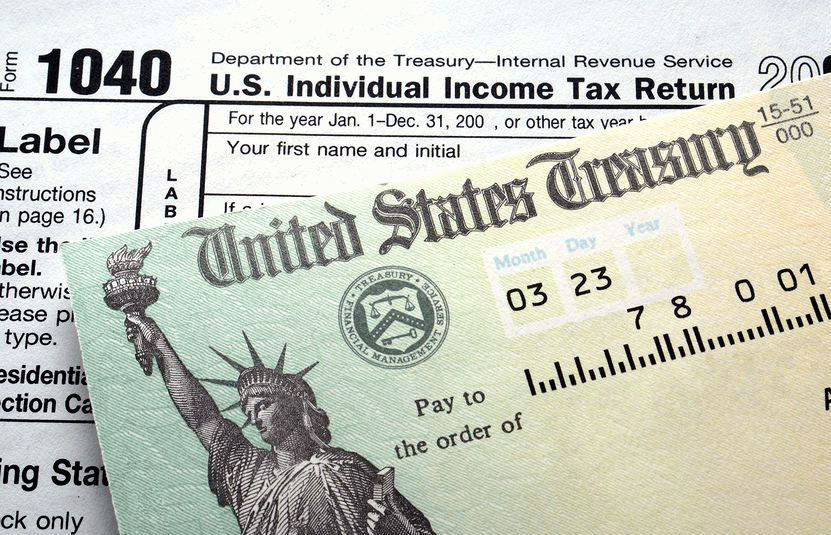
A number of significant tax provisions—many already expired—have been extended or reinstated through the end of Tax Year 2019. This is good news for millions of taxpayers, but as always, there are restrictions, caps, and qualifying factors that determine eligibility. Below we have culled the points in the newly passed law that are the most likely to be of interest to our clients.
Mortgages, Education, and Medical Expenses
Mortgage Debt Exclusion
Though it’s hard to imagine any upside to a personal financial crisis resulting in a foreclosure, short sale, or loan modification on your home, under the Tax Extender you may still be allowed to exclude the amount of debt forgiven on your principal residence this year, up to $2,000,000.
Mortgage Insurance Premiums Deduction
If you were required to purchase mortgage insurance as a requirement of your home loan, you may be able to deduct the amount you paid for the insurance, since it is considered “interest” for mortgage interest deduction purposes.
To claim the deduction, though, joint taxpayers must have an adjusted gross income (AGI) under $100,000 ($50,000 if married filing separately).
Tuition and Fees Deduction
With the extension of the Tuition and Fees Deduction you may be able to take advantage of another education tax benefit option if you, your spouse, or your dependent child have college expenses. The is for qualified expenses for higher education like tuition, books, and other supplies, even if you took only one class.
The deduction is capped at $4,000 for individuals with AGI up to $65,000 ($130,000 for joint filers) and $2,000 for individuals with AGI over $65,001 but below to $80,000 (and $130,001 to $160,000 for joint filers).
Medical Expense Deduction
We all know that medical expenses can be a substantial drain on a family’s finances. The medical expense deduction threshold was scheduled to go back up to 10% in 2019, but the new provision extends the current 7.5% threshold established in 2017. As a result, you may be able to claim your unreimbursed medical expenses provided that they are more than 7.5% of your AGI and you can claim itemized tax deductions.
For example:
If your AGI is $50,000, you can claim your medical expenses that are more than $3,750 ($50,000 x 7.5%) if you can claim itemized deductions.
At the 10% threshold they would need to be more than $5,000.
Energy Efficiency Incentives
Nonbusiness Energy Property Credit
If you made energy efficient improvements to your home like energy-saving roofs, windows, skylights, and doors, you’ll still be able to claim the Nonbusiness Energy Property credit for 10% of amounts paid for qualified energy efficiency improvements up to a lifetime cap of $500 or in fixed dollar amounts ranging from $50 to $300 for energy efficient property, including furnaces, boilers, biomass stoves, heat pumps, water heaters, central air conditioners, and circulating fans.
New qualified fuel cell motor vehicles
If you purchased a new qualified fuel cell vehicle in 2019, you may be eligible to receive a credit between $4,000 and $40,000,
Special Tax Relief Rules for Disaster Victims
Special tax relief is available under the Tax Extender law for individuals and businesses in Presidentially-declared disaster areas occurring between January 1, 2018 and 30 days following the date of enactment of the law. Provisions of the law specific to disaster victims are listed below.
Qualified disaster-related personal casualty losses
If you were a disaster victim, the provision eliminates the current law requirement that personal losses have to exceed 10% of adjusted gross income and eliminates the requirement that you have to itemize your tax deductions in order to claim your casualty loss.
Early access to retirement funds
For hurricane victims, the 10% early plan withdrawal penalty will be waived for qualified disaster relief distributions from retirement funds up to $100,000. If you had to cancel your home purchase as a result of an eligible disaster, you can also re-contribute your retirement plan withdrawal for home purchases or construction and avoid the tax on the plan withdrawal.
Determining Earned Income Tax Credit and Child Tax Credit
If you were in a designated disaster area in 2019, you can use your income from 2018, if it’s lower, to qualify for the Earned Income Tax Credit and the Child Tax Credit.
Automatic extension filing deadline
You will be automatically granted a 60-day tax filing extension if your principal place of residence or business is located in a disaster area.
